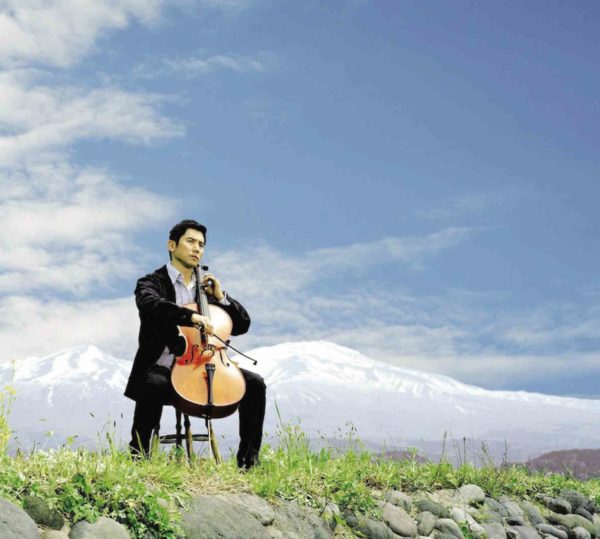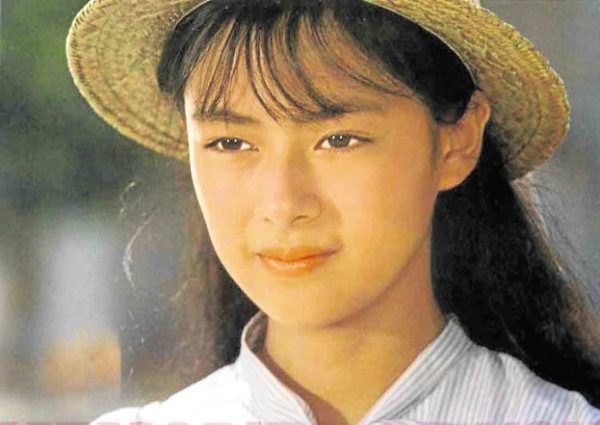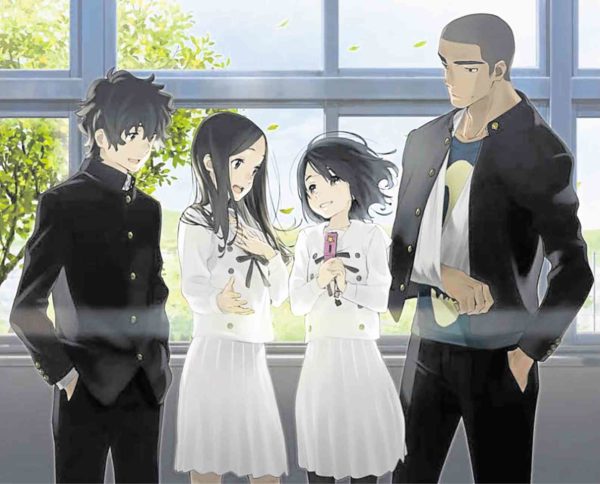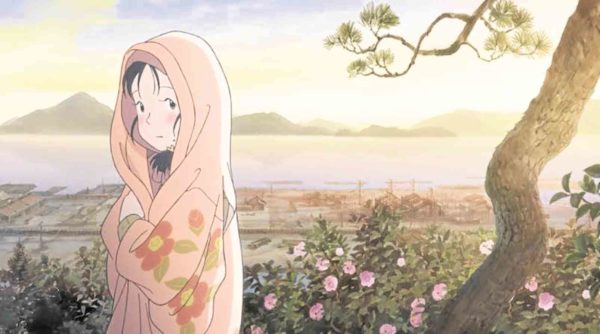20/20 for the Japan film fest in Manila

Daigo Kobayashi in “Departures”
Reflecting the diversity of the Japanese movie industry, this year’s Eiga Sai will showcase a mixed bag of contemporary hits, along with a retrospective of all-time favorites.
In time for its 20th anniversary, the film fest has gathered 20 movies of varying genres, “from comedy to drama, from animation to documentary, from horror to action,” Hiroaki Uesugi, director of The Japan Foundation in Manila, told the Inquirer.
To mark its second decade, the fest will mount a retrospective at the Cultural Center of the Philippines (on July 1), as a prelude to the main screenings at Shangri-La Plaza mall, starting July 6 to 16.
The retro will feature acclaimed Japanese films at the CCP: Shinichiro Sawai’s “Memories of You,” which won at the Yokohama Film Festival and Japanese Academy in 1989; Kohei Oguri’s “The Sting of Death,” Grand Prize of the Jury winner in Cannes 1990; and two 16mm short films. Also part of the retro program at Shangri-La Plaza is Yojiro Takita’s “Departures,” Oscar best foreign language film in 2009. “Departures” was one of the most popular movies in the Eiga Sai’s 20-year history; it consistently clinched SRO screenings in 2011.

Kumiko Goto in “Memories of You”
This year, contemporary Japanese films will be represented by anime and family-themed movies.
Two recent anime films are in the lineup: Sunao Katabuchi’s “In This Corner of the World” (which focuses on the struggles of a young wife who lives in Hiroshima during World War II) and Tatsuyuki Nagai’s “The Anthem of the Heart” (which tells the story of a girl whose voice was taken away by a fairy).

“Anthem of the Heart”

“In This Corner of the World”
The fest will open with Ryota Nakano’s “Her Love Boils Bathwater,” which won best actress for Rie Miyazawa (for her role as a cancer-stricken mother) at the Japanese Academy this year.

Rie Miyazawa in “Her Love Boils Bathwater”
Uesugi described the current filmmaking scene in Japan as “dynamic.” “The Japanese film industry is producing many high-quality movies,” he related. “That’s why people of all ages are now trooping back to theaters.”
He recalled that Hollywood flicks had dominated the scene in the past. “But now more and more Japanese movies are being embraced by viewers.”
To highlight the strides made by “young and emerging” directors, Hirobumi Watanabe’s “Poolsideman,” will be screened, too. The black-and-white indie film won best picture in the Cinema Splash section of the Tokyo International Film Festival last year. According to Uesugi, Watanabe will visit Manila, to attend the Cinemalaya-Eiga Sai allied events in August.
Uesugi hopes Filipino cineastes will watch these movies “with an open, unbiased mind.”
“Most Filipinos love to watch Hollywood movies,” he conceded. “But Filipinos will also enjoy Japanese films because of the unique and well-developed stories and wide range of genres. Japanese cinema is an alternative to the usual super-hero flicks in cineplexes.”
As a bonus, “these movies allow Filipino viewers to get better acquainted with their Asian neighbors, offering them a broader understanding of Japanese language and culture.”
“Films are like windows that open the minds and hearts of audiences,” he asserted. “Films are like mirrors that reflect who we are as a people. Through our movies, Filipinos will hopefully discover that we’re not so different and we can learn a lot from each other.”
It is the organizers’ wish that the annual event will “foster a closer affinity between Japan and the Philippines.”
At first glance, we may seem like polar opposites, he noted. While Filipinos are vibrant and brimming with energy, the Japanese people are more subtle and reserved. “But we share common values like hospitality, kindness to others and strong familial and community bonds.”














